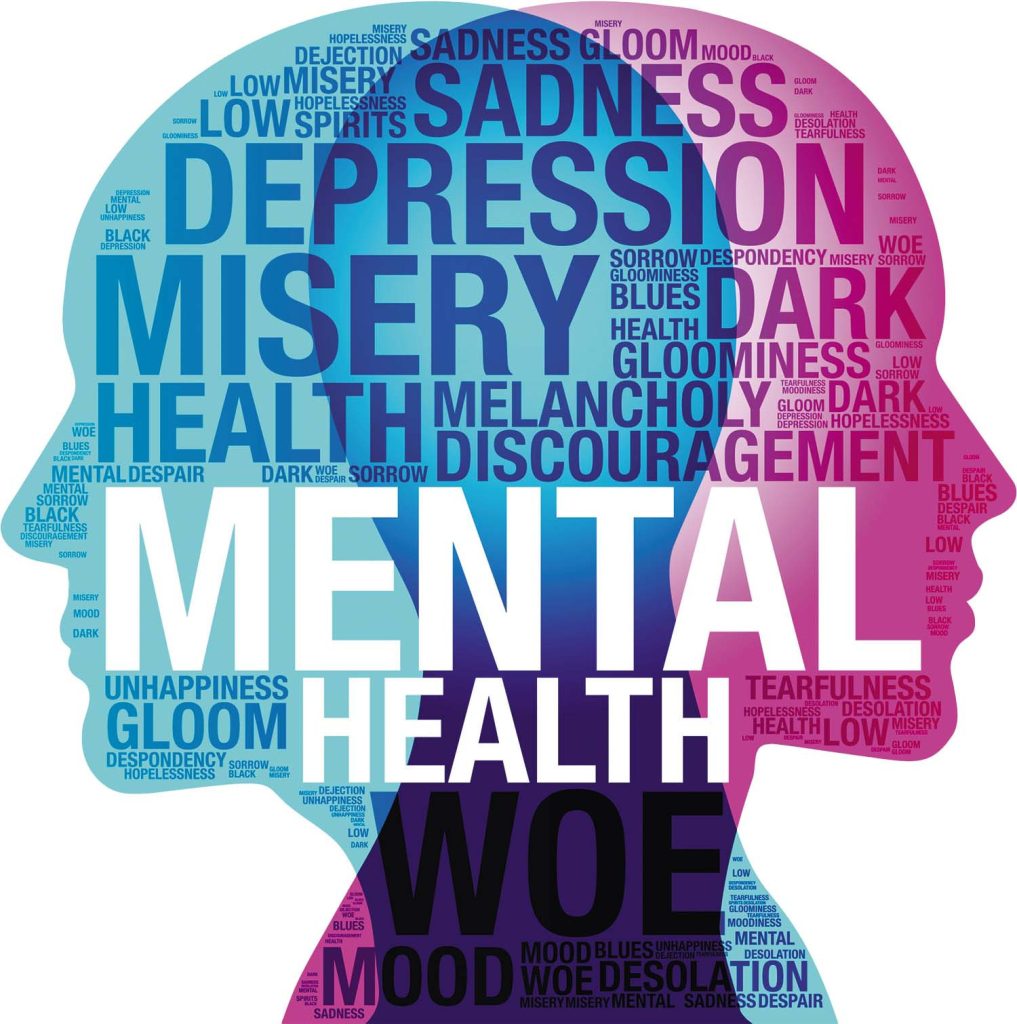Trauma of Bullying – Mental Health- Understanding and Healing

Unveiling the Trauma of Bullying: Understanding and Healing the Wounds on Mental Health
Bullying is a serious problem that can have devastating effects on mental health. It can happen to anyone, regardless of age, gender, or race. Bullying can take many forms, including physical, emotional, and cyberbullying.
The Psychological and Emotional Effects of Bullying
The psychological and emotional effects of bullying can be severe and long-lasting. Victims of bullying may experience:
* Anxiety
* Depression
* Low self-esteem
* Difficulty concentrating
* Sleep problems
* Physical health problems, such as headaches and stomachaches
Bullying can also lead to more severe mental health problems, such as post-traumatic stress disorder (PTSD).
The Long-Term Mental Health Consequences of Bullying
The long-term mental health consequences of bullying can be significant. Victims of bullying are at increased risk for developing mental health problems later in life, such as:
* Depression
* Anxiety disorders
* Substance abuse
* Eating disorders
* Suicidal thoughts and behaviors
Strategies for Healing and Recovery from the Trauma of Bullying
There are a number of strategies that can help victims of bullying to heal and recover from the trauma they have experienced. These strategies include:
* Professional help: Therapy can be a helpful way to process the trauma of bullying and develop coping mechanisms.
* Support systems: Talking to friends, family, or other trusted adults about what happened can help victims of bullying to feel supported and understood.
* Self-care practices: Taking care of oneself both physically and emotionally is important for recovery from bullying. This includes eating healthy, getting enough sleep, and exercising regularly.
Real-Life Examples of Healing from Bullying
Many people have successfully healed from the trauma of bullying. Here is one example:
Sarah was bullied throughout middle school. She was called names, teased about her appearance, and excluded from social activities. As a result of the bullying, Sarah developed anxiety and depression. She also had difficulty sleeping and concentrating in school.
After graduating from middle school, Sarah started seeing a therapist. She also joined a support group for victims of bullying. With the help of her therapist and support group, Sarah was able to process the trauma of bullying and develop coping mechanisms. She is now a happy and successful college student.
Conclusion
Bullying is a serious problem with devastating effects on mental health. However, there is hope for healing. With the right support, victims of bullying can recover and go on to live happy, fulfilling lives.

